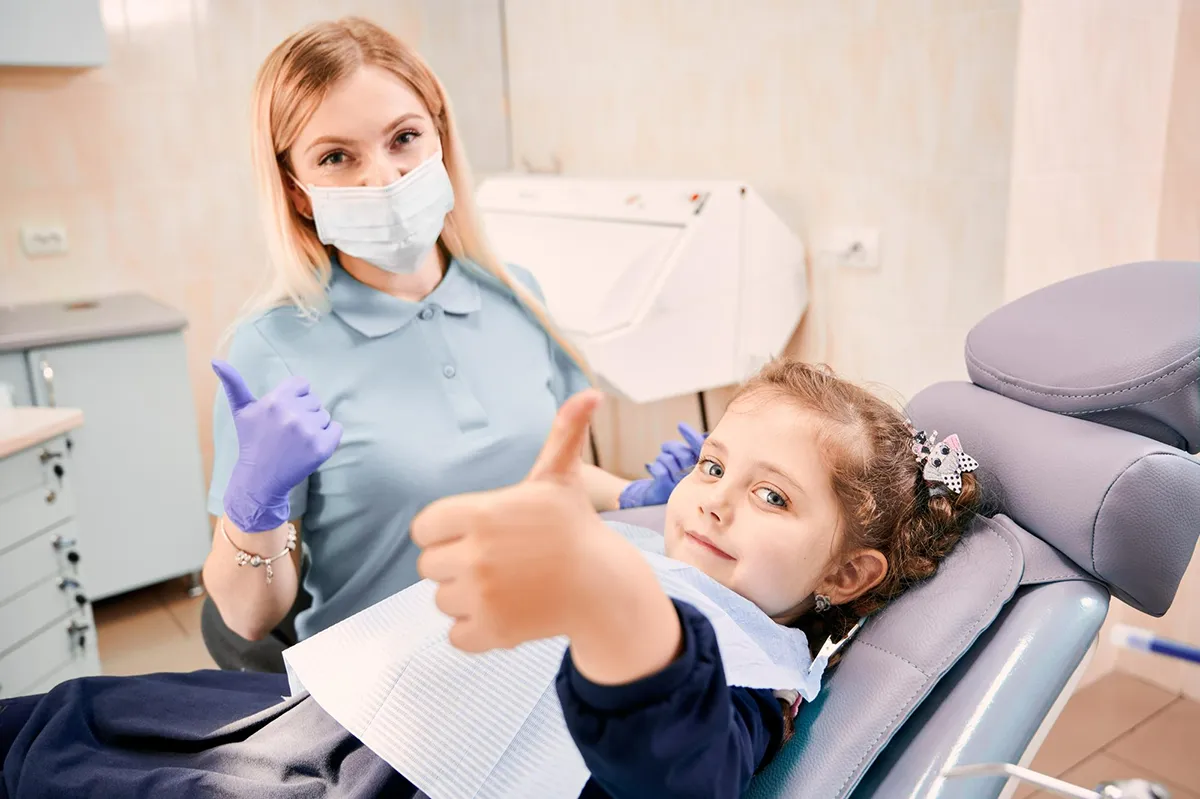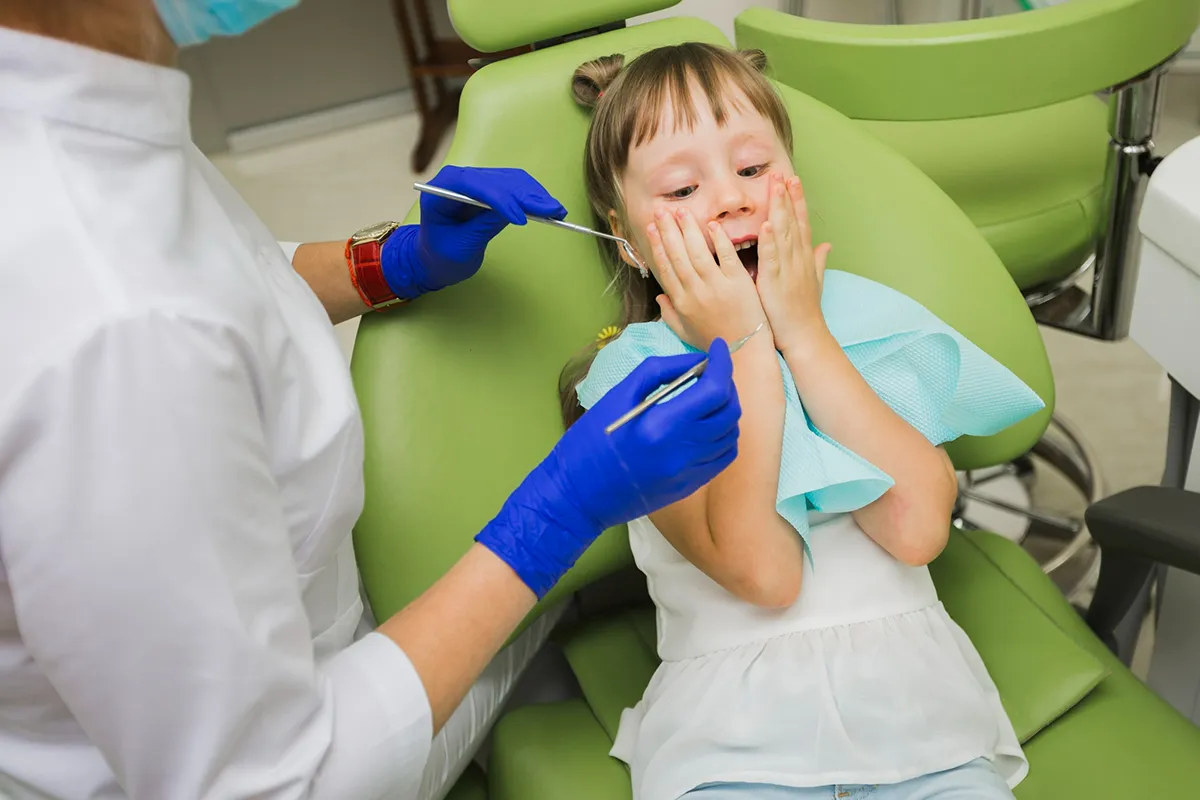How to Care for your Infant's Oral Health?
We need to maintain good oral hygiene, but what about primary teeth? Your child's primary teeth are already in their jaws before birth. Taking care of an infant's oral health and new teeth should be a priority, even while you tend to her sore gums and make her as comfortable as possible during this transition.
An infant's oral health care can begin before the first tooth emerges. At three months, wipe your baby's gums twice daily with a damp face washer or gauze. It can aid with teething. Babies with teeth can get cavities and decay. Cavities in baby teeth can lead to cavities in adult teeth. It's important to start oral care early.
How to Take Care of Baby's Gums?
Now is the perfect time to start caring for your baby's gums. A toothbrush and toothpaste won't be part of the routine at first. Do the following instead:
- Hold your baby so you can see their mouth. Sit on a bed or floor with the baby's head on your lap.
- Grab a piece of gauze or a gentle washcloth and soak it in water.
- Use a damp washcloth to clean your baby's gums twice a day.
- After each meal and before night, wipe your baby's gums thoroughly.
Bacteria will be removed from the gums and won't be able to stick around after this. Plaque, a bacterial byproduct, can particularly damage newly erupting teeth in infants.
How to Brush Your Infant's Teeth?
When your child's first tooth erupts, get a toothbrush. Consult your pediatrician about your infant's oral health care too. Some pediatricians recommend waiting until all 20 primary teeth come in before introducing solid food, while others say 2 or 3 years old.
When the first teeth show, use a small, soft toothbrush. Put the toothbrush head along the teeth and gum line at an oblique angle. Brush softly in circles. Back-and-forth brushing damages gums and teeth. Brush your baby's teeth inside and out. As a final step, brush your tongue with the toothbrush.

As soon as your baby gets their first tooth, they should start brushing with fluoride toothpaste. Use an amount around the proportion of a grain of rice for kids under 3. You should encourage your child to spit out the toothpaste, but it is okay for them to swallow these small amounts if they are not ready to spit.
Look for a toothbrush that has the following:
- Soft bristles
- Little head, big old handle
We recommend starting by merely wetting the toothbrush. Bristles can be made even more pliable by soaking the brush in lukewarm water for a few minutes before brushing.
Preventing early Dental Caries
Even regular dental hygiene cannot prevent all cases of tooth decay. In addition to the mother's diet, the baby's feeding method is crucial.
Newborns should consume only breast milk or formula for the first six months. Babies at least six months old and being fed either breast milk or formula can receive very modest amounts of water. Similarly, if you start giving your infant solids, you should avoid offering them sugary foods.
Don't bottle-feed your baby to sleep. Sleeping babies' teeth have less saliva protection. Suppose a baby falls asleep while nursing; milk might soak their teeth. Your baby may get cavities. It is pretty risky to put your infant to sleep with a bottle. Don't put anything palatable on your baby's dummy, not even honey, if that's what they prefer.
Conclusion
An infant's oral health care begins before the first tooth's appearance. Gum's health is impacted by the sugars he consumes, whether from liquids like milk and juices or the meals he will eat later. The health of gums and developing teeth can be negatively affected by sugars left on the teeth for too long.
It would help if you started washing your newborn's gums soon after birth, which is essential in establishing healthy oral hygiene practices. Your kid may resist having his mouth cleaned first, but give it time, and he will come around. Instilling a love for oral hygiene in your child at a young age will set them up for future success in brushing and flossing.
Contact Stockton dentist for kids, Sajjad Rizvi DDS, at Happy Kids Dental to know How to Care for your Infant's Oral Health.
Resource:
Caring for your child's Oral Health
*This media/content or any other on this website does not prescribe, recommend, or prevent any treatment or procedure. Therefore, we highly recommend that you get the advice of a qualified dentist or other medical practitioners regarding your specific dental condition*
Subscribe To Our Newsletter
Get Updates And Learn From The Best


